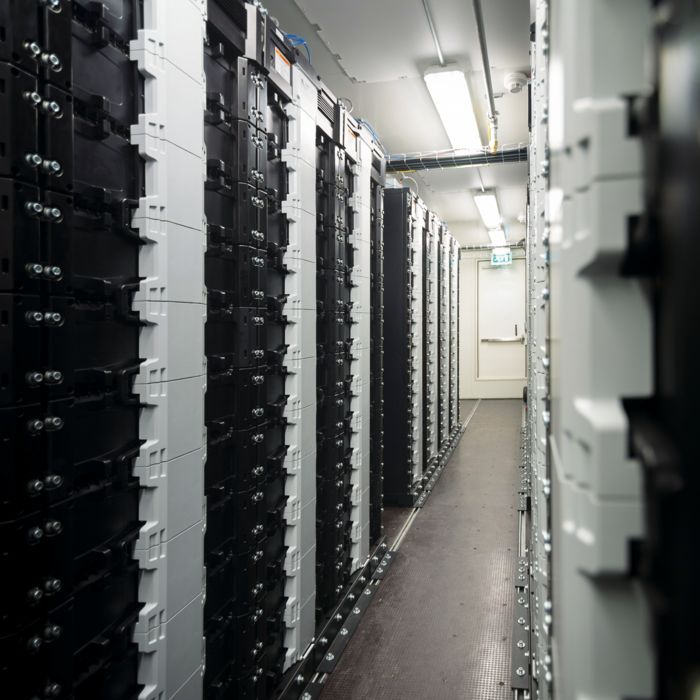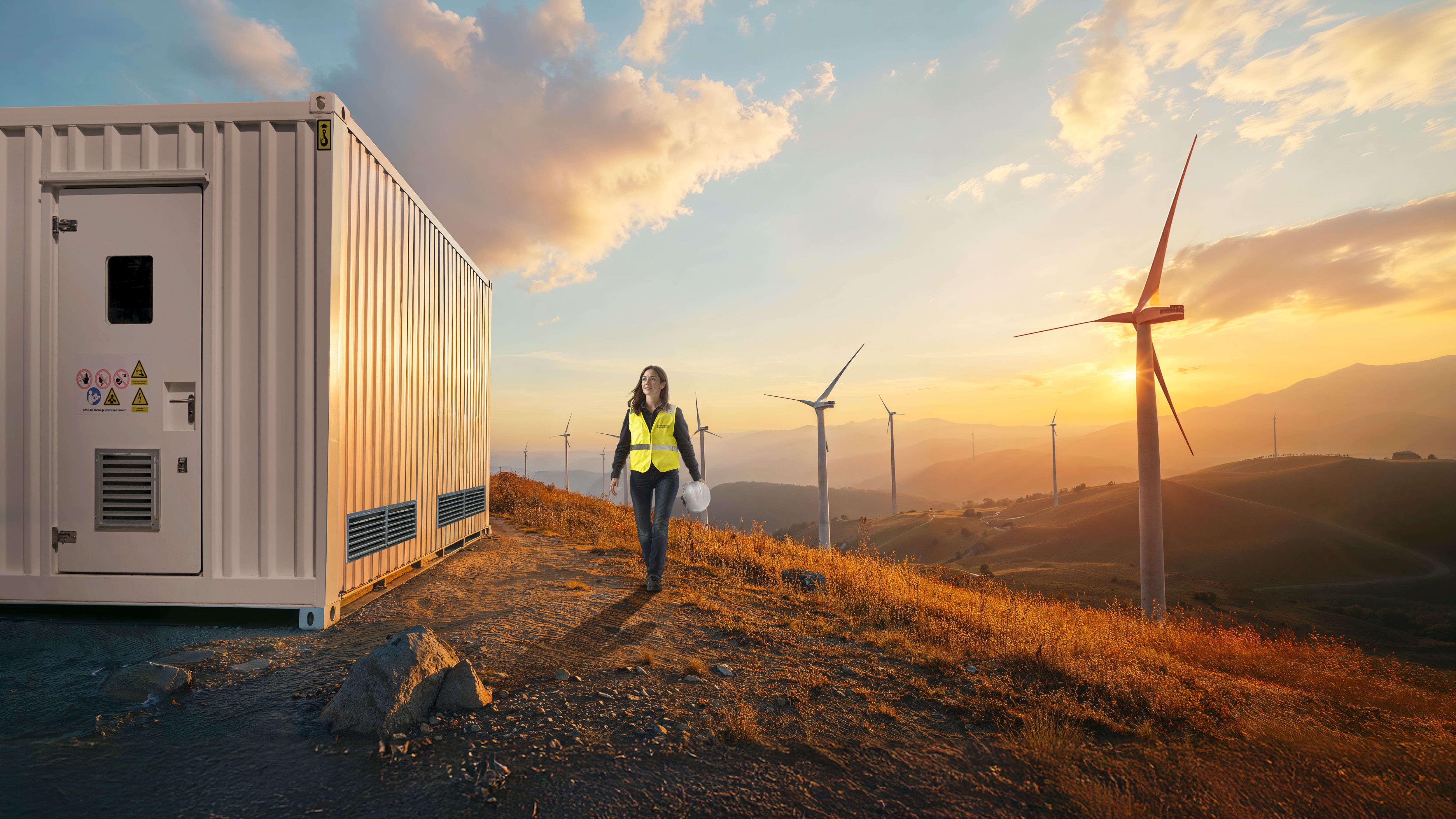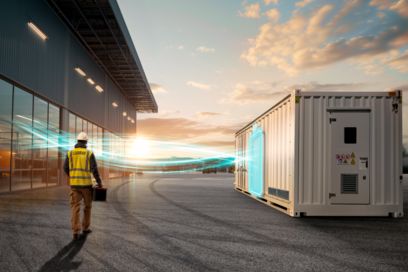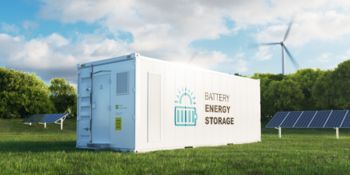
The acronym BESS stands for battery energy storage system. A battery energy storage system (BESS) is an essential part of the modern energy infrastructure. This technology makes it possible to store electrical energy efficiently and to release it again when needed. This is also making a decisive contribution to ensuring a more even and reliable power supply for the future.



















